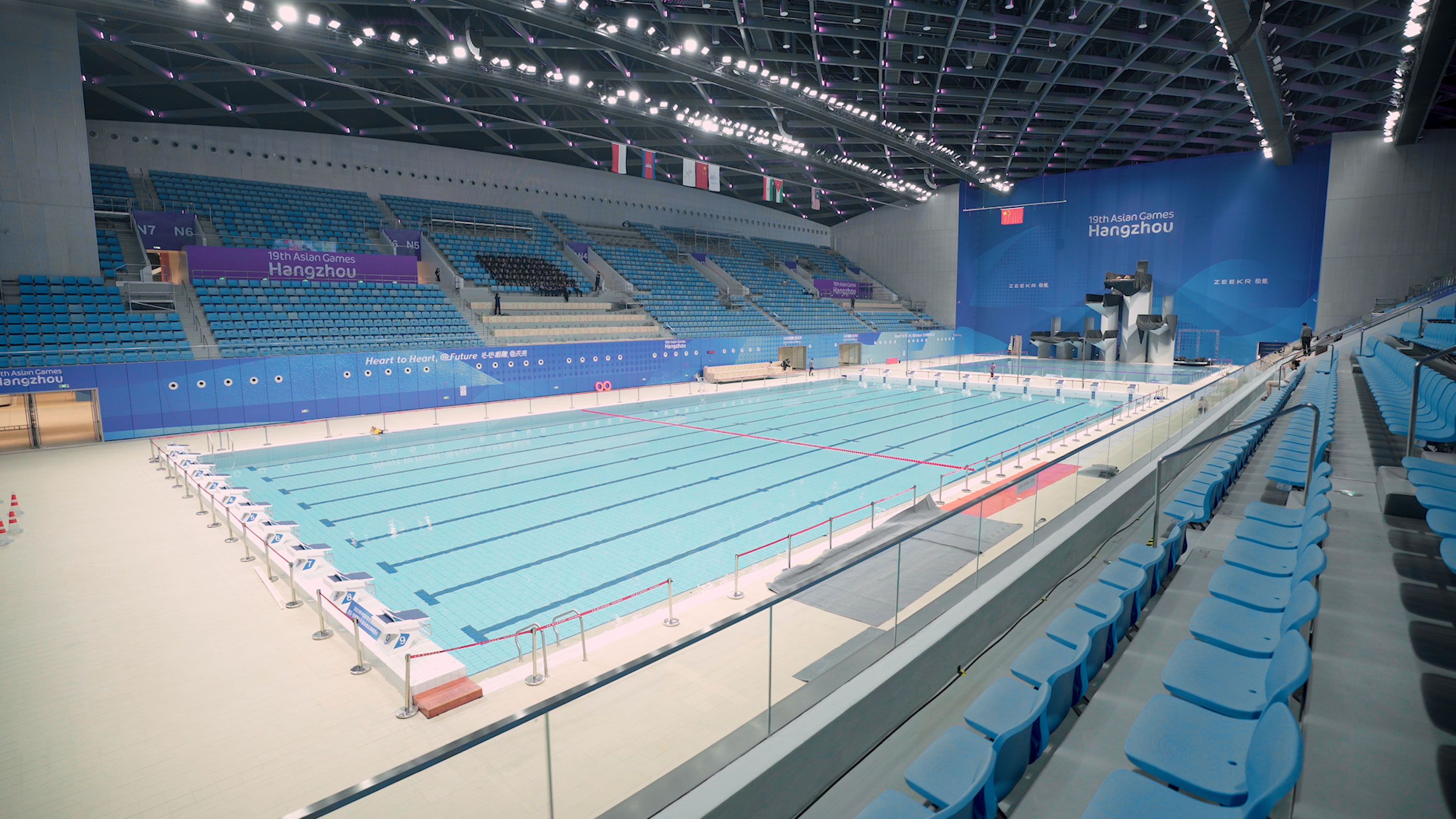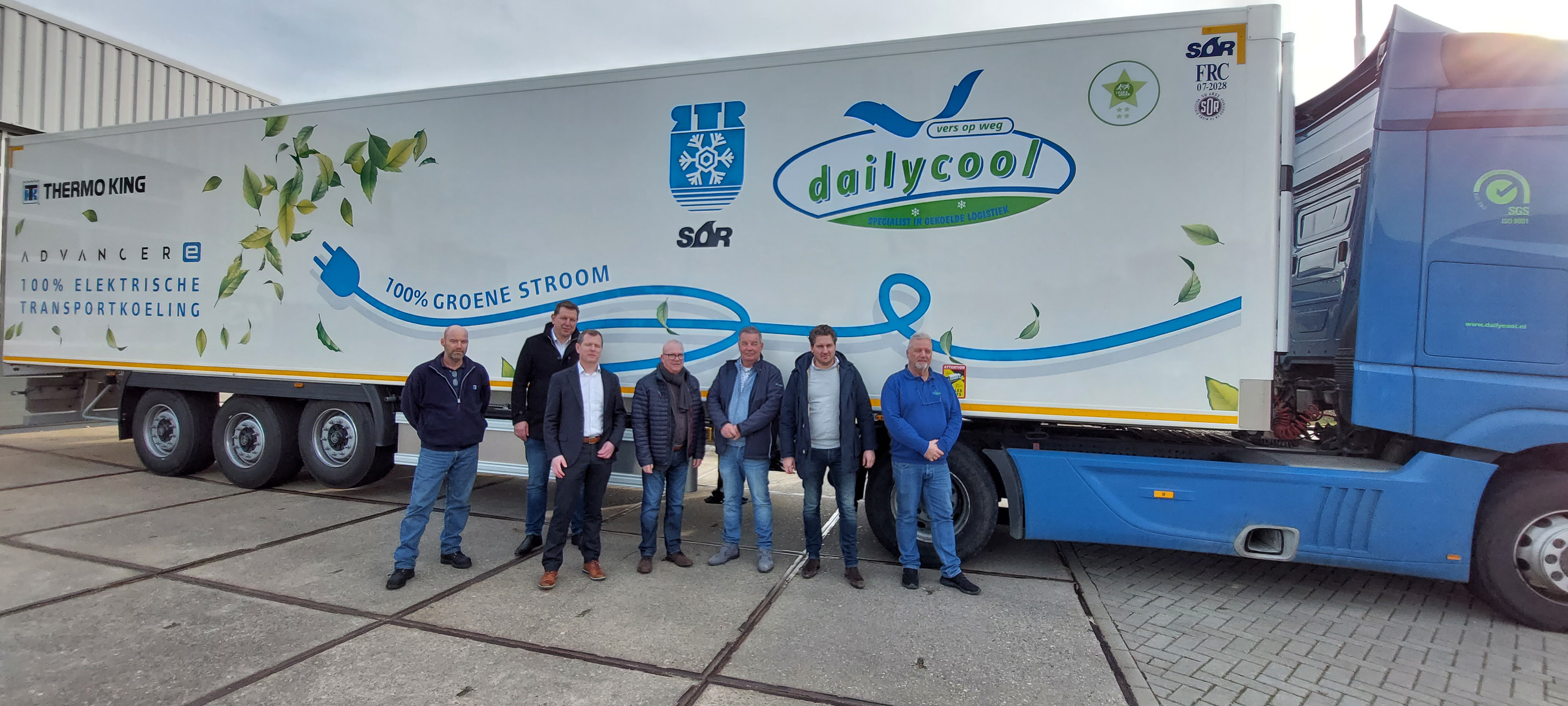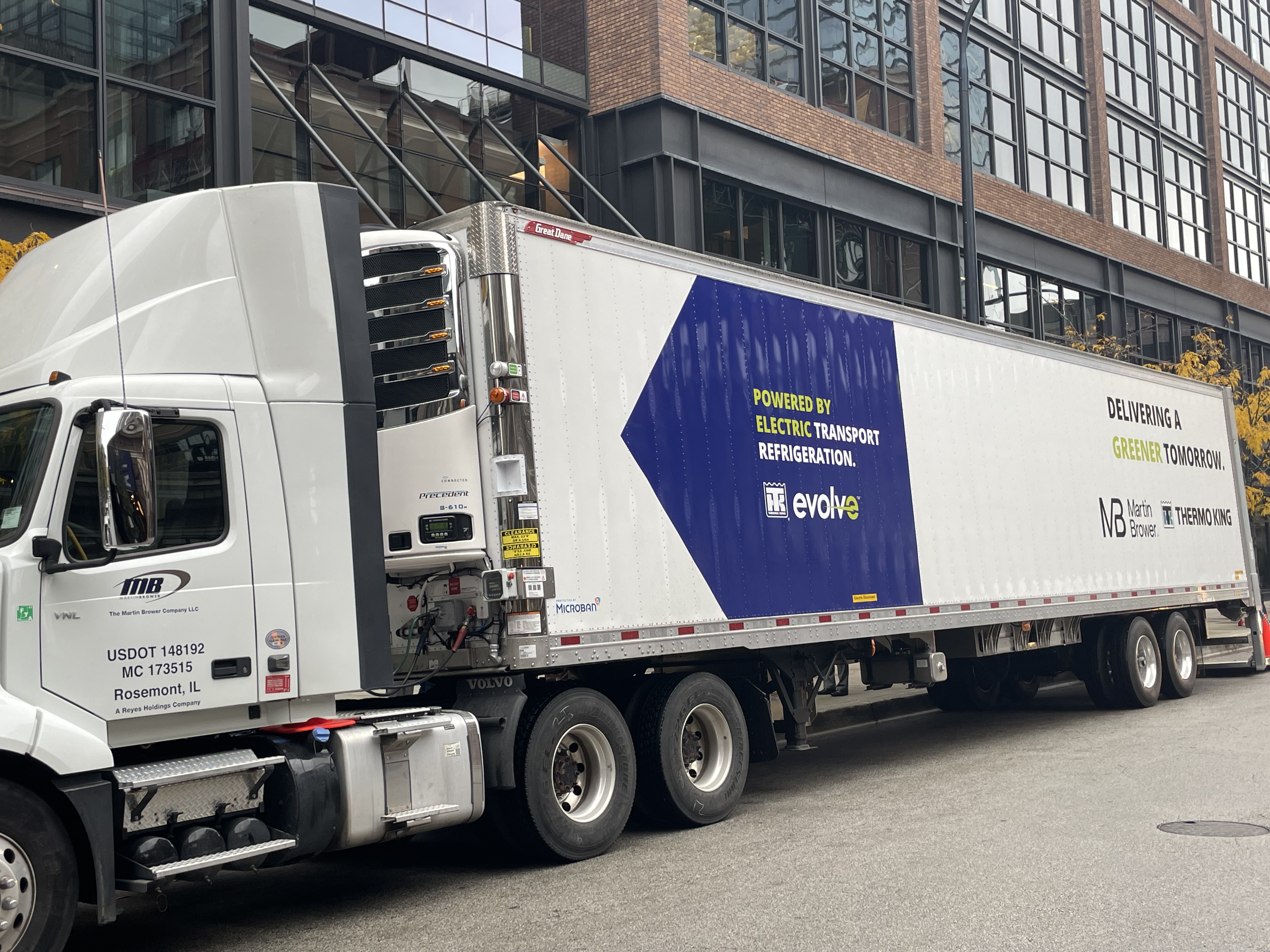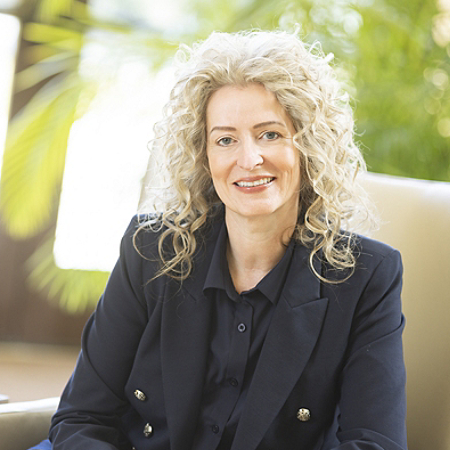The path to decarbonization
Electrification, primarily the use of battery technology that is electrically charged, is one strategic step Thermo King has taken to lead the way in decarbonizing the cold chain. It is important to note that the two are not synonymous; however, electrification is a good fit for the transportation industry due to its technological maturity. In fact, the automobile industry has been utilizing electrification for more than 15 years. We are working to ensure that the technology meets the cargo temperature requirements within transport refrigeration. And customer trials and data integration are key to verifying this.
We are building a strong base of electrified offerings throughout our product portfolio, and we continue to invest in an electrified future. Strong partnerships with customers and original equipment manufacturers (OEMs) such as Walmart, Morgan Truck Body, Loblaws, Martin Brower, Navistar, Daimler Truck North America, Lion Electric, and more are contributing to our success.
Our most recent innovation is the e1000, the first large-capacity electric transport refrigeration unit (TRU) without a diesel engine offered in North America. It meets regulations for zero emissions, including California Air Resources Board’s (CARB) TRU 2023 Standard. With no mechanical components to maintain and no diesel fuel costs to budget, the unit helps companies reduce waste and emissions, and minimize total cost of ownership. And it is already winning awards, confirming our impact on the industry, our customers, and the planet.
Research, technology trials, and development of the correct infrastructure is vital to ongoing success with electrification in our industry. A 53-foot trailer electric refrigeration unit traveling from California to Chicago has different challenges and requirements than an all-electric refrigerated van making inner-city deliveries. We understand this and are navigating the process systematically and collaboratively to ensure each step taken with electrification of products is with care, quality, reliability, and service in mind.
One example is real-world testing of our battery-electric trailer with customer partners who have equally ambitious sustainability goals. And we’ve had great results and feedback from those customers, including Walmart.
“With thousands of refrigerated trailers using diesel fuel today, we have the ability to make a meaningful difference when it comes to reducing greenhouse gas emissions,” said Fernando Cortes, senior vice president of transportation, Walmart U.S.
Optimizing for performance
Also helping support the adoption of electrified solutions is data integration. Data is increasingly important to customers for effective fleet management, unit performance and energy efficiency. Thermo King relies on this information to test and optimize emerging technologies for product development. Data also helps customers optimize operations, which enables investments in more sustainable technologies, and will continue to play a key role in decarbonization efforts.
With this kind of approach, we are bringing more electrified products to market over the next 6-12 months – many with data integration as standard, that will grow electrification capability while meeting customer needs for enhanced visibility into fleet operations.
But we cannot stop with electrification. Fuel cell technology is important also, specifically for medium and heavy-duty trucks and tractors. We are successfully utilizing battery-power in some of our units, and we also have hybrid unit options and solar panel products that charge cells and contribute to emission reductions.
To be clear, the path to decarbonization is not a one-size-fits-all journey. We are navigating the way with an evolving portfolio of products that meet customer and industry needs where they are today and preparing them for the future. The journey will not happen overnight, but we know that a decarbonized cold chain is vital to our industry and future generations. Most importantly, it will leave our world in a better, more sustainable place.


















